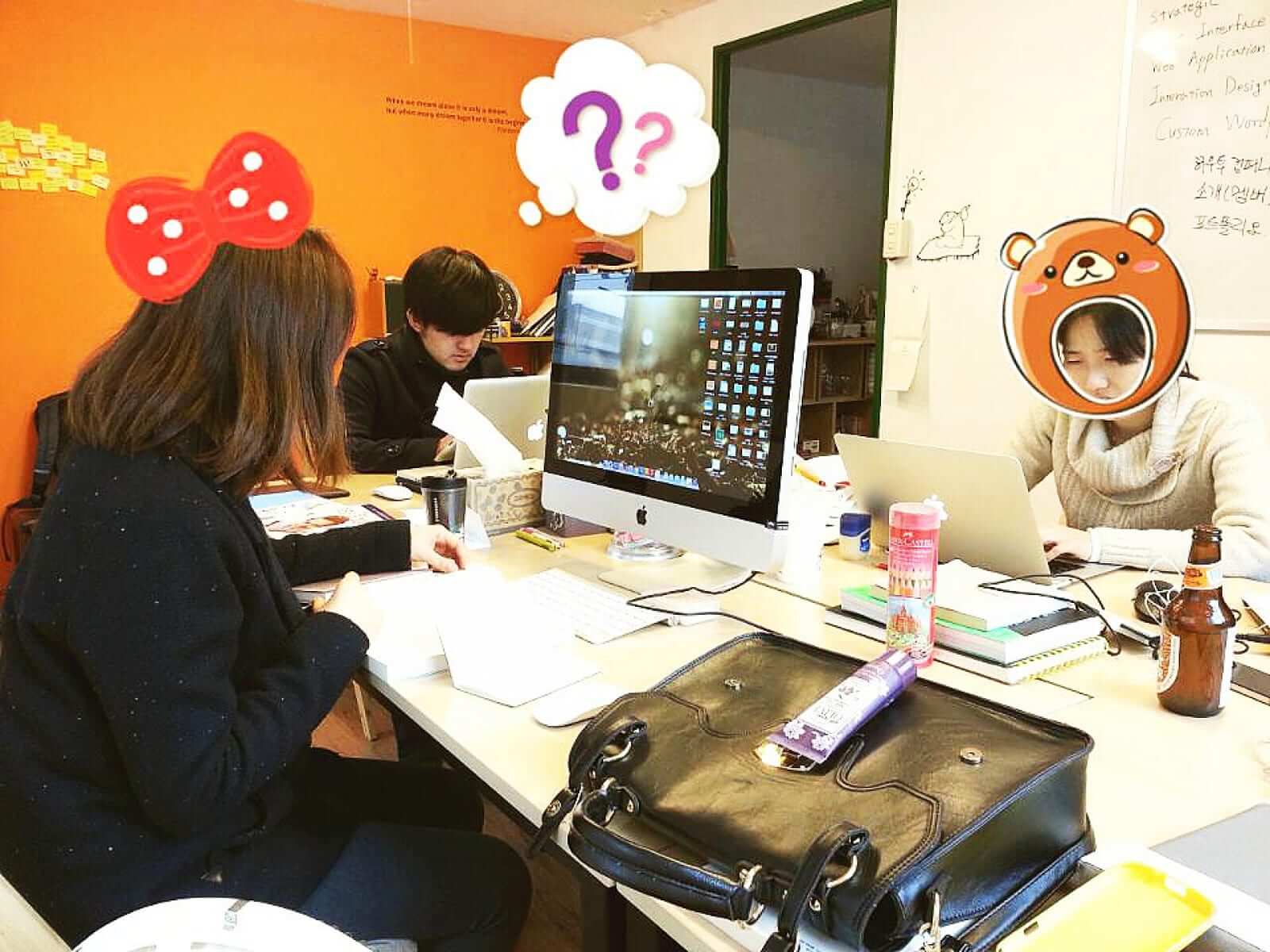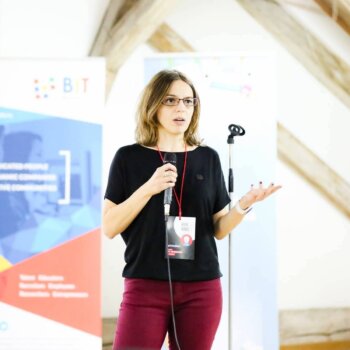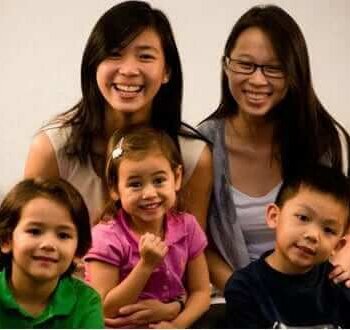Presently Seoul has five fully operating coworking spaces, namely How2Company, Seoul Space, a curated coworking space and incubator, East4 which mainly operates as an architecture company with open spaces, and the brand new spaces Hub Seoul & Space Noah which have just opened in the beginning of this year. Co-up, the very first coworking space in Seoul, closed end of 2011, less than two years after its launch in 2010. With the ups and downs that arise in a nascent coworking environment like Seoul, where a generally conservative mindset is trying to co-exist side by side with change and economic progress, will coworking in Korea see a phenomenal rise, just like Kpop (Korean pop) is making waves all over Asia and even the US?
Active Coworking Spaces
According to Hwang Hyekyung, 32, founder of How2Company, a new space which opened just last year focusing on social innovation through coworking, the concept of coworking is still very new in Korea, but it has certainly stirred up an interest. He said: “When we got to know the HUB several years ago, we were so excited. It advocates wisdom of crowd and power of collaboration which we believe in. We were inspired to form How2Company in 2011.”
The space is presently located in Seoul’s Hongdae district, an area known for its indie spirit, urban streetarts and underground band musicians. “We think Hongdae area is suitable for coworking spaces. There is no one here, so we started here. We love Hongdae culture,” Hwang added.
How2Company now consists of two small-sized rooms, with space available only for a team of three to five people, as the How2Company team has taken up the other room. The coworking space is now looking for funds or sponsorships to move to a bigger space in the same area. For Hwang, finding a suitable area in the metropolitan city of Seoul is vital for the development of the coworking space, especially when the values of independence and risk-taking that coworking advocates has not really gotten its dues in the city, mainly due to an age old mindset.
Conglomerates rule
South Korea, one of the four Asian Tiger economies (the other three being Hong Kong, Taiwan and Singapore which were notable for rapid industrialization and maintaining exceptionally high growth rates of 7 percent excess a year between the early 1960s and 1990s), has been one of the most impressive, fastest growing economies since the 1960s. Even though it was hit very hard during the Asian financial crisis in 1997, the country experienced a phoenix like rebirth to achieve the world’s 15th highest nominal GDP after that.
Like its neighbour, Taiwan, much of this explosive growth is due to the industrial manufacturing sector. Korea is the leading shipbuilding producer, driven by conglomerates like Hyundai and Daewoo, which are better known for making automobiles. However, most would identify the names Samsung and LG with Korea, which are multinational conglomerate corporations that bring huge money to the country. Samsung, for example, is the world’s largest technology company by sales and the world’s second largest ship builder. It also accounts for an astounding 20 per cent of Korea’s total exports. The power of these large conglomerates is impressive but this also means that they suck up a big proportion of the Korean talent pool.
Similar to other Asian societies like Hong Kong and Singapore which generally value job stability and financial security that clash with the risk-taking spirit entrepreneurs need, a typical young Korean is forced to study extremely hard and aim for the prestige and stability of a large conglomerate to appease his or her parents.In the case of Hwang, he has also worked in LG Electronics before deciding to resign from his job there as an engineer to start his own company. “Even though the freelancer market is a $100 billion – sized market in Korea, so many young people want to get stable work like civil servants,” said Hwang about Korean culture.
Enterprising coworking space founders
Even so, it does not stop people from trying. Seoul Space, set in the heart of Seoul’s Gangnam district, is a leading start-up incubator that gives ambitious young startups a coworking space, and help with seed investment and mentorship. It also offers a startup office space that is open 24/7 with flexible pricing. Space Noah, which aims to be a base camp for social innovators, only just opened in February. Hub Seoul functions fully as a coworking space with 20 desks, meeting places, a café and a members’ lounge.
“Hub Seoul not only provides mere working spaces and office facilities but focuses on a community that cares about the values and vision of its members and its dynamics. In this regard, we try to come up with more creative events and content intended for a stronger engagement between the members and the space and embed these into the community”, said Dongcheon Park, 31, cofounder of Hub Seoul .
According to Park, various motivating factors can be attributed for the sprouting up of coworking spaces in recent years. “It is said that in Korea, the number of coffee franchises like Starbucks are around 10,000 and many of them are located in Seoul. With these coffee shops everywhere, people, especially freelancers, college students and self-employed entrepreneurs use cafes as meeting or project places. New businesses to provide specialized meeting rooms where people hold English clubs or study together and government funded incubating centers to promote IT ventures also led to the rising interests in new types of working.”
With a new president and government for the next five years that strongly promotes a creative economy, Park also expects that new policies and initiatives will be enforced, where some of them will deal with the dynamics and interactions of people and space, helping people recognize the concept of coworking as a community space for creativity.
Positive reinforcement by the Seoul Government
In fact, just late last year, one of Seoul’s government policies is to make Seoul a sharing city. Sharing economy models that emerged and grew active in San Francisco have been appearing in Seoul one after another. A new service has also been started under “Co-up”, the name of Seoul’s 1st coworking space, which enables sharing office space.
According to their policy, Seoul has conditions that are advantageous to the development of a sharing economy with its highly dense population and highly developed IT and Internet services, particularly as the world’s second highest supply rate of broadband internet and smart phones.
“Korea’s major competency and leading industry is IT business, based on smart phones and mobile networks. Thus, the more people “smart work”, the better it helps the infrastructure and the relevant industry. I think it will potentially increase more people practising coworking through changing the way we work, motivating us to work outside home or office”, said Park.
Coworking without community
Yet, despite the abundance of physical spaces and government initiatives to promote entrepreneurship and smart working, what Seoul really lacks is the collaborative community within the space, which is one of the most essential ingredients in coworking. According to what Park observed, many physical spaces mainly focus on driving the best performance for a single entity or a separate sector, and that does not result in creating something totally new through collaboration. Therefore, some of these coworking spaces have a weak culture and lack the true sense of community, according to Park.
Therefore, he and others have been launching new coworking spaces like Hub Seoul as part of the global Hub network, and the concept is going viral via SNS (Social Networking Service) among people. More and more Koreans know about coworking now in the sense of building community. “Coworking can be known to the Korean public generally as ‘Social Enterprise’. Five or six years ago, the public did not know the term ‘Social Enterprise’ but now they do. Now, each coworking space is building community and they are open to collaboration, even though it is hard to build community” said Hwang.
Optimism towards coworking in Seoul
Despite all the difficulties, Hwang still thinks that Seoul is an attractive city for coworking as it is very active and is filled with many people of varied backgrounds. It can also be a gateway into the Asian market. “Recently many foreigners from Europe, Asia and America visit here for business or travel. There are many resources for business or project work that is concentrated in Seoul,” said Hwang. He is positive that the coworking volume will increase and be more well-known in one to three years and after four to five years, some coworking spaces with better insights into coworking can survive.
“Sometimes Koreans follow the global market trend rapidly. Some companies want to support entrepreneurs in order to find new business opportunities. That will increase the size of market sharing economy. Even though it is not a fast speed development, the working lifestyle of Koreans is certainly changing”, said Hwang. And this change definitely tips more towards positive.“ Coworking can lead to new types of communication and collaboration among people who work together. If you get out of the traditional office and work in a new place with a bunch of strangers, there will be new challenges. And these are good ones I think,” said Park.
written by Christina Ng of DeskMag. see more.





























